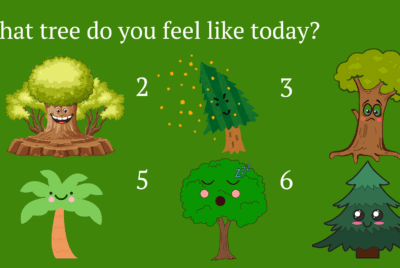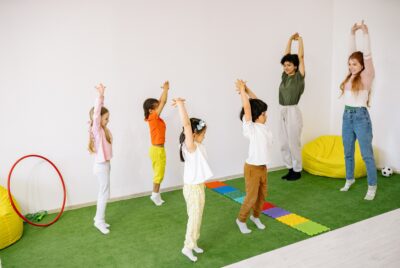RESEARCH
Using Occupational Therapy Principles in Developing a Nature Camp for all Children
Summary
The TimberNook program was developed as a response to the growing need for children to engage in outdoor play, promoting their overall health and well-being. Rooted in occupational therapy principles, the program encourages children to take age-appropriate risks and develop key skills such as gross and fine motor coordination, attention, sensory processing, and social-emotional interaction. Unlike traditional nature education programs, TimberNook emphasizes child-led, unstructured play in natural environments, fostering creativity, problem-solving, and resilience.
The article highlights the importance of outdoor play in preventing health issues like attention deficits, stress, and social withdrawal. It details how the program supports children of all abilities, including those with ADHD and sensory processing challenges, by exposing them to rich sensory and motor experiences in nature. The business model of TimberNook has expanded through workshops and franchise opportunities, reflecting the increasing demand for nature-based interventions. The study underscores the therapeutic potential of outdoor play as a fundamental component of child development and wellness.







